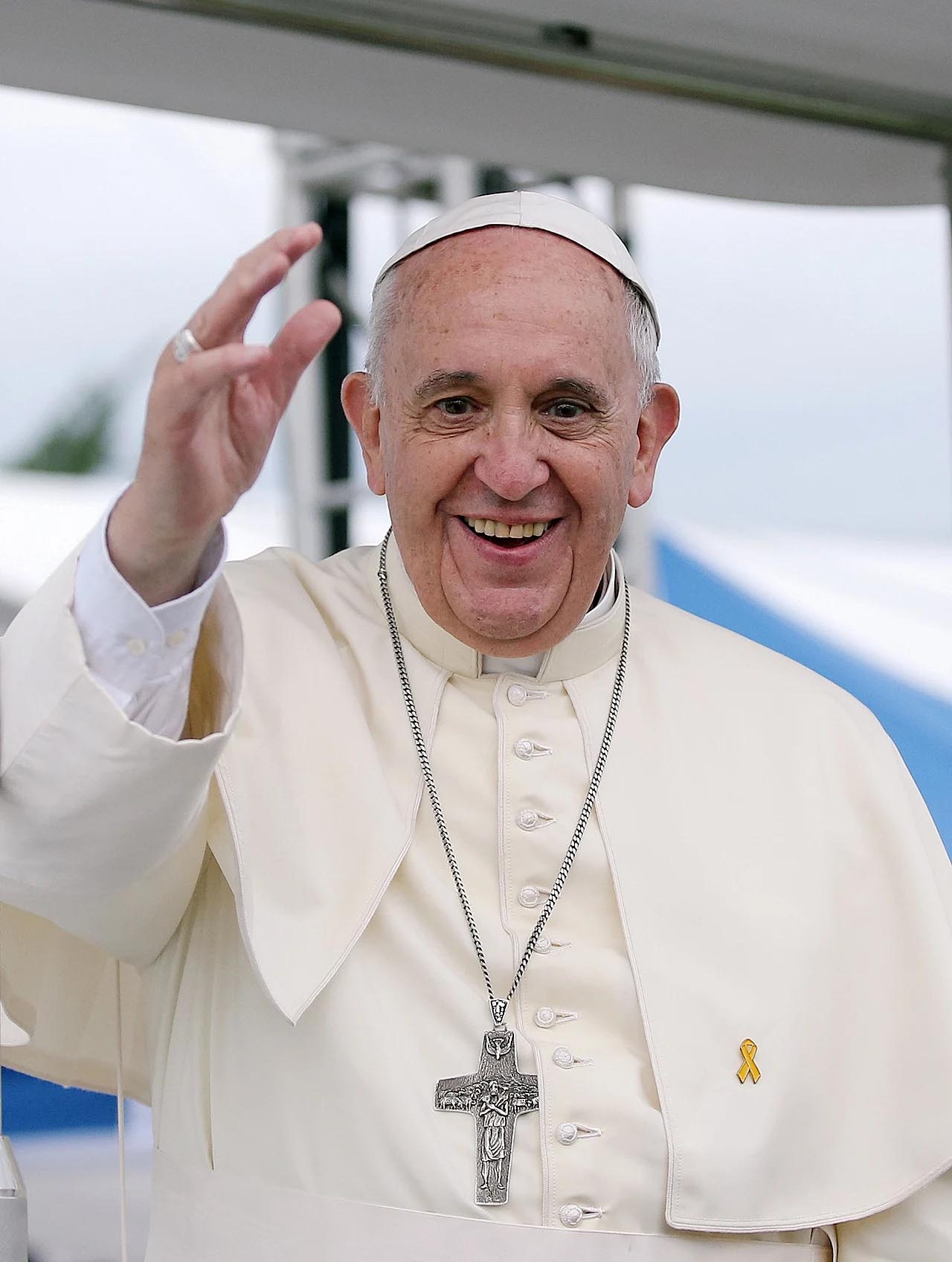
Francis, Pope of the peripheries
The Church in Sydney and Australia joins with people throughout the world in mourning the passing of the Holy Father, Pope Francis.
As priest, bishop and pope, he embodied Christ’s command to care for all people, especially the most vulnerable.
He was a Pope of many firsts. He was the first to take the name ‘Francis,’ the first Jesuit pope, the first pope from the Southern Hemisphere, and the first non-European pontiff in more than a millennium.
Yet for all those firsts, he will be remembered foremost as the ‘pope of the peripheries’, determined to lead the Church in reaching out to those on the margins—the poor, elderly, disabled, unborn, refugees and prisoners. He demonstrated this in the way he carried out the Petrine ministry, making pastoral visits to many parts of the developing world or to prisons and detention centres in the developed world, using his global profile to give voice to those too often forgotten.
His care for those on the peripheries was animated by his belief in the transformative power of God’s mercy. His motto, taken from St Bede’s homily on the call of St Matthew, was “Miserando atque eligendo’ (‘by having mercy and by choosing Mercy’), reflected the importance of Divine Mercy to his own faith and vocation, to what he taught and to how he treated others
We will always remember the moving images of Pope Francis stopping his vehicle to embrace those with severe disabilities, joyfully greeting young children who broke through security barriers to reach him, and washing and kissing the feet of prisoners on Holy Thursday.
Pope Francis passionately decried views and actions contrary to human dignity and flourishing. He condemned what he described as ‘the globalisation of indifference’ when it came to refugees and the poor, ‘the ideological colonisation’ of the developing world by secularising Western forces, and ‘the throwaway culture’ that treats everything and everyone deemed no longer useful, including the unborn and elderly, as disposable.
He cared deeply for all of God’s creation, especially our common home the earth, and his celebrated encyclical, Laudato Si’ called for an integral ecology and reinforced the teaching that Christians must be good stewards of the natural world.
Francis was also ‘the pope of synodality’, inviting all members of the Church to journey together as pilgrims, listening to each other and to the voice of the Holy Spirit, in order better to carry out the mission of evangelisation and outreach.
Pope Francis died on Easter Monday only hours after giving his Easter Sunday “Urbi et Orbi” blessing to the city and the world. He said “From the empty tomb in Jerusalem, we hear unexpected good news: ‘Jesus, who was crucified, is not here, he has risen’.
Jesus is not in the tomb, he is alive! Love has triumphed over hatred, light over darkness, and truth over falsehood. Forgiveness has triumphed over revenge. Evil no longer has the upper hand; it no longer has power over those who accept the grace of this day.”
Now Pope Francis has himself entered into the triumphant truth, goodness, mercy and love of the Risen Lord he served so well. Whilst saddened by his death, we are grateful for the blessing of his long life, spent in service of Christ and His people.
Pope Francis began his papacy and ended his every Sunday Angelus by asking those gathered to pray for him. Let us all heed this request now, offering our prayers for the Holy Father, that he will now receive the merciful embrace of the Lord he preached and served so well.
Monday, 21 April 2025
Most Rev. Anthony Fisher OP, DD BA LLB BTheol DPhil
Archbishop of Sydney
Credit: https://catholicweekly.com.au/archbishop-anthony-fisher-op-statement-on-the-passing-of-pope-francis/

